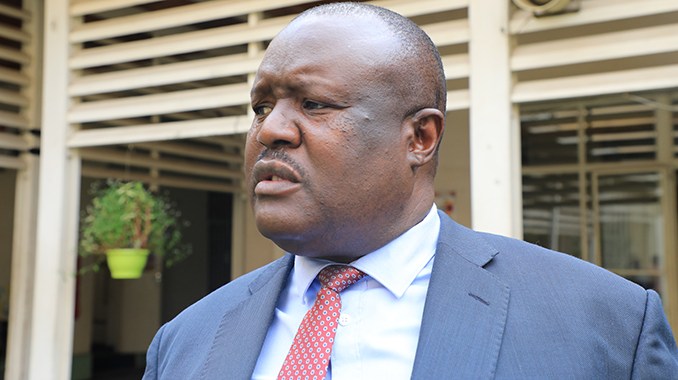ZIMSPHERE
HARARE – Traditional leaders in Zimbabwe have been granted the authority to register marriages and issue birth and death certificates. This development was announced by Fortune Charumbira, Vice-President of the National Council of Chiefs, at a conference in Harare.
 |
| Fortune Charumbira |
The decision is expected to have a profound impact on the majority of Zimbabwe's population, with over 70% residing in rural areas under the influence of traditional leaders.
The Zimbabwe Human Rights Commission (ZHRC) has revealed that as of September 2020, more than 2.3 million children in the country lacked birth certificates.
Despite the Zimbabwe Constitution affirming everyone's right to access citizenship documents, many children remain without birth certificates, and obtaining national identification cards poses a significant challenge.
Charumbira stated in his remarks at the conference, "Traditional leaders will now handle marriage registrations and issuance of death or birth certificates, serving as an official record maintained by the Registrar's Office."
He emphasized that this measure is crucial to ensure all Zimbabweans have access to essential services. However, there has not been any official legal provision published to give effect to this latest development.
A 2017 survey conducted by a consortium of civil society organizations in Bulawayo disclosed that an estimated 445,852 children in the three Matebeleland provinces were without a birth certificate.
To address statelessness, which affects approximately 12 million people worldwide, the United Nations has established several protocols and conventions.
The 1948 Universal Declaration of Human Rights asserts that "every human being has a right to a nationality" and that "no one shall be arbitrarily deprived of his nationality nor denied the right to change his nationality."
The 1961 UN Convention on the Reduction of Statelessness, which came into effect in 1975, obliges States to prevent statelessness in their nationality laws and practices.
It stipulates that a "State shall grant its nationality to a person born in its territory who would otherwise be stateless," either at birth, by operation of law, or upon application.










.jpeg)






.webp)

0 Comments